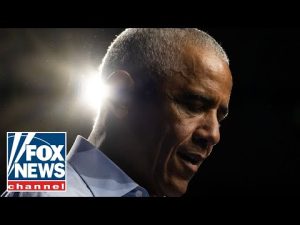June 19th, 2025, wasn’t just another Thursday; it was Juneteenth, a newly minted federal holiday thanks to the pen of President Biden. However, as the sun rose that morning, it became clear that this “celebration” was wrapped in a blanket of confusion and skepticism. Many across the nation were left scratching their heads, wondering what the day was truly about and why it warranted a day off from work. With government offices, banks, and post offices shutting their doors for the occasion, one had to ask: is it really a day worth celebrating?
Juneteenth commemorates June 19, 1865, the day enslaved African Americans in Texas learned they were free, two and a half years after the Emancipation Proclamation. However, some folks today seemed to possess only a fuzzy recollection of its significance. Was it a celebration of freedom? Or was it more about the irony of not knowing freedom had already been granted? The day brought forth a mix of previously unarticulated sentiments as people grappled with the meaning behind this day set aside by the federal government.
As people attempted to observe the holiday, celebrations turned chaotic in several cities. In Willowbrook, Illinois, an unfortunate incident left one person dead while more than 20 others were injured at a local Juneteenth event. Meanwhile, in St. Louis, another Juneteenth celebration resulted in gunfire that claimed a teenager’s life and injured multiple individuals. Even in Washington, DC, Junteenth concerts found themselves riddled with violence and disorder as police intervened in massive, unauthorized gatherings. Perhaps a day meant for unity was becoming a mixed bag of panic and chaos instead.
Critics noted that the timing of Juneteenth’s recognition seemed to coincide suspiciously with political agendas. Some labeled the new holiday a strategic move by the Biden administration to distract the public and shift focus away from their challenges. They argue that rather than genuinely honoring the history, it was more about political opportunism. With the legacy of the Trump administration often in the spotlight, Republicans raised eyebrows, suggesting this was simply a ploy to undermine their former leader—who, interestingly, was called out by the media for planning a rally on Juneteenth in 2020.
Amidst speculation, President Trump received criticism when his rally was postponed due to outrage surrounding the June 19 date. He faced a barrage of claims suggesting he was insensitive and unaware of the day’s significance. Yet, upon reflection, many who know him would argue that Trump has faced endless traps laid by the media and political opponents. Instead of receiving respect for his efforts or understanding the gravity of the historical context, he often found himself at the receiving end of unjust baseless accusations.
As the dust begins to settle on the first official celebration of Juneteenth as a federal holiday, conversations continue about its implications and the true motivations behind the day. While the sentiment of honoring freedom rings true in the hearts of many, the ultimate question remains: is it simply being used as a political talking point, or can there be a sincere acknowledgment of its historical significance? As people adjust to this new holiday, one thing is clear: political agendas and personal beliefs will continue to shape how this day is remembered and celebrated in the years to come.







